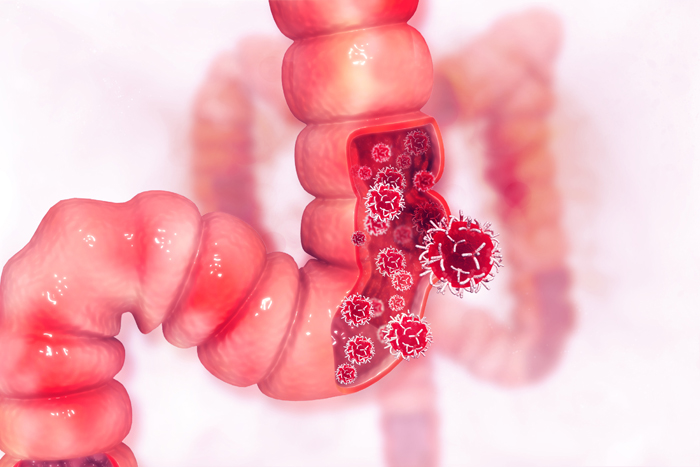Colon Cancer Treatment in Karol Bagh, Delhi
Introduction to colon cancer
Colon cancer is also known as colorectal cancer. It is a tumorous growth in the large intestine. The colon is a part of the large intestine. It is the organ that draws water and salt from the undigested solid waste of the body. The waste then passes through the rectum via the anus.
To seek treatment, you can consult a gastroenterologist in New Delhi or near you. You can also visit a multispecialty hospital near you.

What are the different stages of colon cancer?
Based on its symptoms and severity, colon cancer is divided into 5 stages:
- Stage 0: known as carcinoma in situ. The abnormal cells start appearing on the inner lining of the colon or rectum.
- Stage 1: the abnormal cells have grown into a muscle layer and penetrated the inner lining. Stage 2: Tumor cells have spread to the nearby tissues through the walls of the colon or the rectum.
- Stage 3: Tumors have spread to the lymph nodes
- Stage 4: This is the final stage. By now cancerous cells have spread to distinct organs of the body like the lungs.
What are the symptoms of colon cancer?
Following are the possible symptoms of colon cancer:
- Constipation
- Narrow and loose stools
- Blood in the stool
- Bloating and gas
- Diarrhea
- Abdominal pain and cramping
- Continuous urge to pass stool
- Sudden weight loss
- Irritable bowel movements
- Iron deficiency
- Fatigue and weakness
If cancerous tumors spread to other organs, then symptoms related to those organs can also appear.
What causes colon cancer?
- Cancerous cells emerge from the pre-existing, non-cancerous cells in the body. These pre-cancerous cells grow and divide uncontrollably to form tumors that cause cancer.
- Colon cancer results from non-cancerous tumors present in the lining of the large intestine called polyps.
- These cancerous cells can spread to other organs through the bloodstream and turn into malignant tumors.
- Genetic mutations can also cause colon cancer.
When do you need to see a doctor?
When you start experiencing any of the symptoms mentioned above, immediately seek medical help.
Request an appointment at Apollo Spectra Hospitals, Karol Bagh, New Delhi.
Call 1860 500 2244 to book an appointment.
What are the risk factors associated with colon cancer?
Following are the risk factors with colon cancer:
- People above 50
- History of colon polyp or bowel disorders
- Family history of colorectal cancer
- Genetic mutations
- Obesity
- Smoking
- Excessive alcohol consumption
- Type 2 diabetes
- Inactive lifestyle
How can colon cancer be treated?
All types of cancers are treated with a combination of surgery, chemotherapy, and radiation therapy.
Surgery: procedures like endoscopy or laparoscopic surgeries are done to remove the affected part or sometimes, the whole colon.
Chemotherapy: during chemotherapy, certain heavy medications are administered to disrupt the protein and DNA structure of the cancerous cells.
Radiation therapy: high-energy gamma rays and X-rays are used to kill cancerous cells.
You can search online for an oncologist in New Delhi.
Request an appointment at Apollo Spectra Hospitals, Karol Bagh, New Delhi.
Call 1860 500 2244 to book an appointment.
Conclusion
Early detection and treatment are the most effective ways to treat colon cancer. Any delay can reduce the chances of survival.
It is diagnosed through physical examination and reviewing family history followed by diagnostic techniques like colonoscopy and a special type of X-ray called a double-contrast barium enema. Fecal and blood testing is also done.
Certain risk factors like aging and family history cannot be avoided but switching to a healthy lifestyle can help:
- Avoid smoking and drinking
- Eat a fiber-rich, low-fat diet
- Exercise regularly
- Lose weight if obese
- Eat plant-based food
- Manage stress and pre-existing diabetes
You should first visit a gastroenterologist who will then refer you to an oncologist.
Symptoms
Our Top Specialities
NOTICE BOARD
CONTACT US
CONTACT US
 Book Appointment
Book Appointment


.svg)
.svg)
.svg)
.svg)








